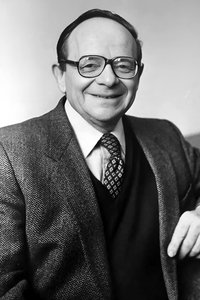They Chose Algeria
Genres
DocumentaryHistory
OverView
Many of them participated in the struggle for Algerian independence. There are "those who believed in heaven", priests, Christians committed against torture, friends of the "natives", there are "those who did not believe in it", communist activists, students, progressive intellectuals, others remained in this country because they could not imagine living anywhere other than in this land of all passions. They are European and chose to stay in Algeria after independence, most of them opted for Algerian nationality. The film is another vision of the history of Algeria from the end of the fifties to the present day, told by these Europeans filmed at home, or in the context of their activities, illustrated by unpublished archive documents.
Others
Budget
$--
Revenue
$--
Status
Released
Original Language
French
Runtime
55 mins
Rating
10/10
Release Date
01 January 2007
Country
France


